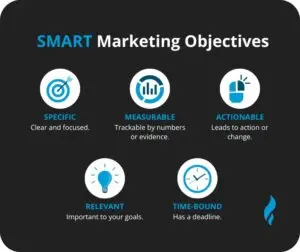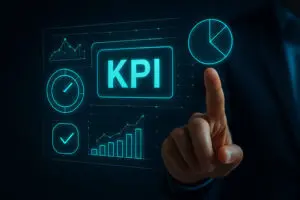Welcome To My Blog
How to Build a Winning Digital Marketing Strategy
In today’s hyper-connected world, digital marketing is no longer optional—it’s essential. As consumer behavior evolves and technology advances, businesses must stay ahead of the curve with smart, adaptable digital marketing strategies.
In this blog post, we’ll break down the key components of a successful digital marketing strategy and how to implement them in 2025 and beyond.
Understand Your Audience First
Before launching any campaign, know who you’re marketing to. Use tools like:
Google Analytics
Social media insights
Surveys and feedback forms
Develop detailed buyer personas that represent your ideal customer’s demographics, pain points, and online behavior.


Set Clear, Measurable Goals
Your digital marketing strategy should align with your business goals. Use the SMART framework:
Specific
Measurable
Achievable
Relevant
Time-bound
For example: Increase organic website traffic by 30% within six months.
Focus on High-Quality Content
Content is still king in 2025. Prioritize:
Blog posts that answer search intent
Video content for platforms like YouTube, TikTok, and Instagram
Interactive content like polls, quizzes, and webinars
AI-generated content (with human editing) to scale production
Remember, content must provide value, not just keywords.


Choose the Right Channel
There are numerous digital marketing channels. Select the ones that best reach your audience:
SEO & Content Marketing – For long-term organic growth
PPC (Google Ads, Social Ads) – For quick, targeted results
Email Marketing – For nurturing leads
Social Media Marketing – For brand awareness and engagement
Influencer Marketing – For expanding reach through trusted voices
Optimize for Mobile and Voice Search
More than half of all web traffic comes from mobile. Your site must be:
Fast-loading
Mobile-responsive
Optimized for voice search (think natural language and FAQs)


Leverage Data and Automation
Use tools like:
HubSpot or Mailchimp for automated email sequences
Google Analytics 4 (GA4) for deeper insights
AI tools for ad targeting, personalization, and performance optimization
Data allows you to refine campaigns in real-time and improve ROI.
Track KPIs and Adjust Accordingly
Key performance indicators (KPIs) may include:
Conversion rate
Cost per acquisition (CPA)
Return on ad spend (ROAS)
Engagement rate
Review performance monthly or weekly. Use A/B testing to continuously improve.

Conclusion
Digital marketing is constantly evolving. By focusing on your audience, leveraging the right channels, and adapting based on data, you can build a marketing strategy that not only works in 2025 but sets you up for long-term success.
